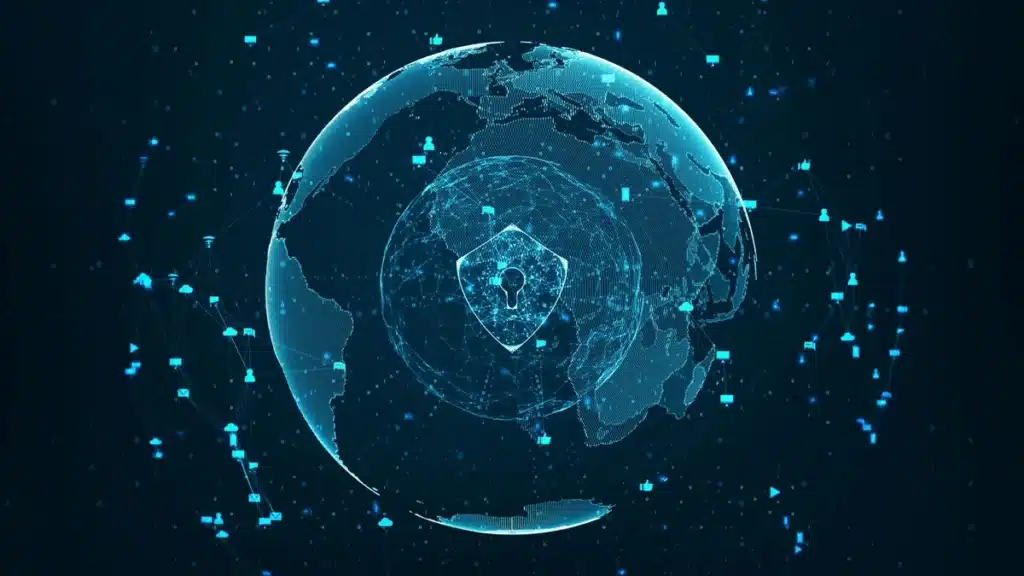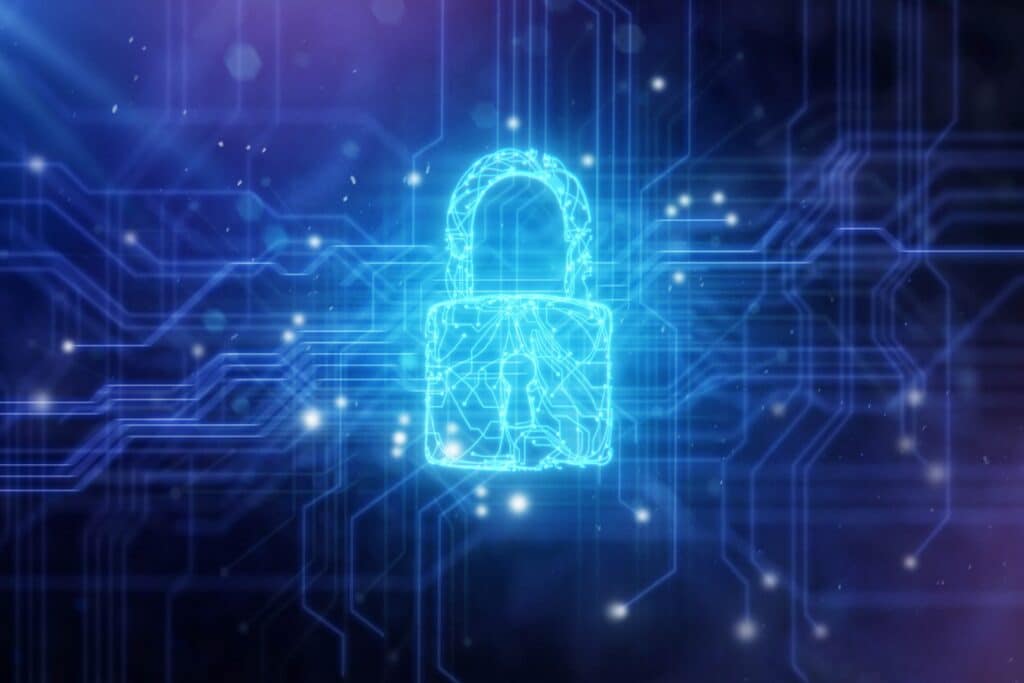Fortify and Reassure with Compliance and Cybersecurity Synergy

Persistent cyber threats, rapidly changing technology, and the growing array of regulations have heightened the need for alignment between cybersecurity and compliance management. In its annual Digital Defence Report, Microsoft has sounded the alarm on the escalating number of cyberattacks with a 2.75-fold increase in ransomware attacks year-on-year and tech scams rising by 400% since 2022.
“In the world of business, you’ll inevitably hear about the many ways to beef up your cybersecurity to secure your boundaries and data. The higher level of sophistication in todays cyber-attacks, means there is even more expectation on a governance framework to be able to counter them,” said Richard Puckey, Head of Compliance at Espria.
“Leaders within these sectors are now at a crossroads; focusing on developing agile cybersecurity or strengthening their compliance framework. However, this perceived dilemma could actually be an opportunity to move away from compartmentalising the two strategies and merge both into a cohesive system where each supports the other.
“Blanket compliance without shaping to meet the specific requirements of the organisation diminishes its value. Governance frameworks must be modular to accommodate for different proprietary technologies and rising threats. An approach to this effect will provide a well-rounded system whereby compliance becomes part and parcel of the overall security strategy.”
Puckey adds that “regularly reviewing and enhancing internal governance frameworks can provide an invaluable opportunity to identify unknown vulnerabilities and refine policies.
“As organisations continue to embrace advanced technologies and integrate digital tools, they open a wider, dynamic regulatory landscape that expands the avenues threat actors are able use to compromise the corporate network. These gaps can be overlooked in traditional security setups, leaving holes within your framework.
“During compliance reviews, existing processes are evaluated to see whether they are valid or as effective as they could be. This can give businesses the opportunity to improve these areas, smoothing out inefficiencies and resolving minor issues that had gone unnoticed or were being managed with workarounds.
“Would these issues be identified without going through the certification process? Possibly, but it’s likely that they would have remained low priority in the face of more immediate concerns and potentially unravel into larger issues down the line.”
These benefits aren’t just internal – a dual focus on regulatory compliance and cybersecurity can demonstrate a clear commitment to the safety of customer data and help to attract new business leads.
“One question that often arises is whether the time and money spent on obtaining certifications is worthwhile or just an ‘investment in paper.’ But all good relationships are built on trust and customers are increasingly looking for proof of strong security and compliance to ensure their data is safe,” said Puckey.
“An effective cyber security strategy can act as the frontline defence against data breaches, reducing the risk of non-compliance and potential legal consequences. Coupled with regular risk assessments and maintaining consistent audit trails, organisations can signal their commitment to protect customer data and demonstrate their trustworthiness to the clients and stakeholders.”
While mastering this process is essential, it can be complex, but Managed Service Providers (MSPs) such as Espria, emerge as an indispensable partner in the modern business landscape.
“Navigating diverse regulations and complex cyber environments demands specialised knowledge and if misinterpreted, can lead to hefty penalties. MSP’s offer invaluable expertise to help businesses implement offerings tailored to the specific industry you function in, and create a secure, compliant work environment. This cost-effective solution provides expertise and dedicated tools that support long-term strategic goals without the need for major capital investment.”
Puckey concluded, “New cyber security threats are introduced every day and a single breach can damage your company’s reputation. When they are planned and executed correctly, compliance standards can be an invaluable tool when paired with a broader security strategy.
This alignment allows companies to stay agile in the face of evolving threats while demonstrating their commitment to safeguarding customer data.”
You may be interested in
Your guide to leveraging NCE pricing to get the best value
Renewing your Microsoft Licensing Agreement is an opportunity to align your IT strategy with your business goals. It allows you to take advantage of the latest technologies, optimise costs, and ensure compliance with industry standards. While this might seem straightforward at first glance, to achieve the best value and biggest discounts, it’s often more complex than it appears and navigating the renewalprocess requires careful planning. In this Blog we will walk through what you need to know about the new Microsoft Licensing rules,when to get the best value from your renewal, and how to review…
Loving your customers with AI, cybersecurity and peace of mind with MSP support
2024 has marked a massive shift for SME IT needs, as creating an appropriate and optimised business strategy has become an increasingly difficult challenge for business owners and IT operators nationwide.
Protect your student data from continued ransomware attacks, says Espria
With ransomware rates still high for education organisations, better security oversight and orchestration is needed across UK schools.
UK businesses cannot continue risking reputation with shoddy security, says Espria
Sophos’ 2024 Threat Report recently highlighted ransomware as the biggest existential cyber threat to small businesses. While cyberattacks on large companies and government agencies may receive more news coverage, Sophos reported that SMB’s are generally more vulnerable to cybercriminals and suffer more proportionally from the results of a breach.
Peace of mind: Cloud is key in scaling systems to your business needs
Meeting the demands of the modern-day SMB is one of the challenges facing many business leaders and IT operators today. Traditional, office-based infrastructure was fine up until the point where greater capacity was needed than those servers could deliver, vendor support became an issue, or the needs of a hybrid workforce weren’t being met. In the highly competitive SMB space, maintaining and investing in a robust and efficient IT infrastructure can be one of the ways to stay ahead of competitors.
UK SMEs should prioritise creating disaster recovery plans for cloud data to ensure business continuity and prevent data loss amid rising cyber-attacks
Cybercrime is a significant issue for businesses of all sizes in the UK. Although we usually hear more about cybersecurity incidents impacting large businesses, smaller businesses are also a target





